

Articles
How Long Is The Average Driveway
Modified: January 9, 2024
Discover the average length of driveways and get expert advice on designing and constructing driveways. Read our helpful articles for all you need to know today.
(Many of the links in this article redirect to a specific reviewed product. Your purchase of these products through affiliate links helps to generate commission for Storables.com, at no extra cost. Learn more)
Introduction
Driveways play a crucial role in our daily lives, providing us with a convenient and safe place to park our vehicles. Whether it’s a residential driveway in the suburbs or a commercial driveway in an urban area, the length of a driveway can vary significantly based on several factors. In this article, we will explore the average length of driveways and the factors that can influence their size.
When it comes to determining the length of a driveway, there is no one-size-fits-all answer. The length of a driveway can depend on various factors, including the type of property, the location, and the purpose of the driveway. Residential driveways tend to differ in length compared to commercial driveways, while driveways in rural areas can be longer than those in urban or suburban locations.
Understanding the factors that affect driveway length is essential for homeowners, business owners, and contractors alike. By considering these factors, individuals can determine the appropriate length for their driveways and ensure they meet their unique needs and requirements.
So, what are the main factors that influence the length of a driveway? Let’s explore them in the following sections.
Key Takeaways:
- Driveway length varies based on property type, location, and specific needs. Residential driveways average 10-20 feet per vehicle, while commercial and rural driveways tend to be longer. Consider factors like property size and local regulations when planning driveway length.
- Urban driveways are typically shorter due to limited space, while suburban driveways are influenced by property size and local regulations. Consider the number of vehicles, accessibility, and landscaping when determining driveway length.
Read more: How Long Is Average Bathtub
Factors Affecting Driveway Length
Several factors can influence the length of a driveway. These factors vary from property to property and can significantly impact the overall length required. Understanding these factors will help determine the appropriate length for a driveway. Here are some of the key factors that affect driveway length:
- Property Size: The size of the property is a crucial factor in determining driveway length. Larger properties often have more space to accommodate longer driveways.
- Number of Vehicles: The number of vehicles that need to be parked on the driveway is another consideration. If there are multiple vehicles, a longer driveway may be required to provide adequate parking space.
- Accessibility: The driveway’s accessibility is essential, especially if you have large vehicles or trailers. A longer driveway can make it easier to maneuver in and out of the property.
- Landscaping and Topography: The landscaping and topography of the property can impact driveway length. If the property has slopes, hills, or other challenging terrain, a longer driveway may be necessary to ensure a smooth and safe entrance and exit.
- Purpose of the Driveway: The purpose of the driveway also plays a role in determining its length. A residential driveway primarily used for personal vehicles may not require as much length compared to a commercial driveway that needs space for delivery trucks and customer parking.
- Local Regulations: It’s essential to consider any local regulations or zoning requirements that dictate driveway length. Some areas may have specific guidelines or restrictions that need to be followed.
These factors, along with personal preferences and budget, can help determine the optimum length for a driveway. It’s crucial to assess each factor carefully to ensure the driveway meets the specific needs of the property owner.
Residential Driveway Length
Residential driveways vary in length depending on factors such as the size of the property, the number of vehicles to be parked, and the design preferences of the homeowner. The average length of a residential driveway is typically between 10 feet to 20 feet per vehicle, allowing for comfortable parking and maneuverability.
In suburban areas, where homes are often placed on larger lots, driveways tend to be longer than in urban areas. This is because there is usually more space available to accommodate longer driveways. Additionally, suburban driveways may also need to provide space for additional vehicles such as RVs, boats, or trailers.
When determining the length of a residential driveway, it is crucial to consider not only the vehicles that will be parked on it but also any additional features that need to be incorporated. For example, if the homeowner wants to add a walkway or landscaping along the driveway, it may need to be extended to accommodate these features.
It’s worth noting that the size and layout of the property itself will play a significant role in determining the length of the residential driveway. If the property is narrow or has limited space, the driveway may need to be shorter to ensure there is enough room for other landscaping or outdoor amenities.
Finally, local regulations and homeowner association guidelines may also dictate the maximum length allowed for residential driveways. It’s essential to review these requirements before determining the length of the driveway to avoid potential issues or violations.
In summary, the length of a residential driveway can vary depending on various factors, including property size, number of vehicles, and design preferences. The average length typically ranges between 10 to 20 feet per vehicle, but it’s essential to consider individual needs and local regulations when planning the size of a residential driveway.
Commercial Driveway Length
Commercial driveways serve a different purpose compared to residential driveways, as they need to accommodate a larger volume and variety of vehicles. The length of a commercial driveway will depend on factors such as the type of business, expected traffic flow, and specific requirements set forth by local authorities or zoning regulations.
In commercial settings, the length of the driveway is often determined by the need to provide ample parking space for customers, employees, and delivery trucks. The size and layout of the property will also play a significant role in determining the length of the commercial driveway.
For businesses that frequently receive large deliveries or have multiple vehicles accessing the property, a longer driveway may be necessary. This ensures that there is enough space for trucks to enter, maneuver, and exit the premises safely.
In some cases, commercial driveways may also need to accommodate features like loading docks, which can require additional space. The design of the driveway will need to take into consideration these specific requirements and ensure smooth and efficient operations.
It is also important to consider the surrounding infrastructure and roadways when planning the length of a commercial driveway. If there are specific turning radius requirements or traffic flow considerations, these factors will need to be taken into account to ensure that the driveway is designed to meet both the needs of the business and the safety requirements of the area.
Overall, commercial driveways tend to be longer than residential driveways to accommodate a higher volume of traffic and larger vehicles. The specific length will depend on the type of business, expected traffic flow, and any local regulations or requirements that need to be met.
Consulting with a professional architect or designer experienced in commercial driveway design can help ensure that the length of the driveway meets all necessary requirements and provides a safe and efficient entry and exit point for the business.
The average length of a driveway in the United States is around 18-20 feet, but can vary depending on the size of the property and the number of vehicles it needs to accommodate.
Rural Driveway Length
In rural areas, driveways often have longer length requirements compared to those in urban or suburban locations. This is primarily due to the larger property sizes and the need to accommodate various vehicles, equipment, and agricultural activities.
Rural driveways vary significantly in length depending on the specific needs of the property owner. Farms, ranches, and rural homes typically require driveways that can accommodate larger vehicles such as trucks, trailers, and farm equipment.
The length of a rural driveway is often influenced by factors such as the distance from the public road to the property entrance, the terrain of the land, and any specific requirements for maneuvering large vehicles.
In addition to providing access to the property, rural driveways may also be used for purposes such as equipment storage, livestock access, and crop harvesting. As such, the length of the driveway needs to be long enough to accommodate these additional activities.
The topography of the land can also play a significant role in determining the length of a rural driveway. If the property has steep slopes or uneven terrain, a longer driveway may be necessary to ensure safe and accessible access to the property.
It’s worth noting that rural driveways may also need to consider any potential future expansion plans or additions to the property. Allowing for extra length can provide flexibility for future development or changes in land use.
Local regulations and permits may also come into play when deciding the length of a rural driveway. It’s essential to consult with the local zoning department or county authorities to ensure compliance with any requirements or restrictions.
In summary, rural driveways generally have longer length requirements due to the larger property sizes and specific needs of the rural environment. Factors such as distance from the road, terrain, and the use of the driveway for agricultural activities need to be considered when determining the appropriate length for a rural driveway.
Suburban Driveway Length
In suburban areas, driveways are commonly found in residential neighborhoods where houses are often placed on smaller lots compared to rural areas. Due to limited space, suburban driveways tend to be shorter in length compared to rural driveways. However, the specific length can still vary based on various factors.
The average length of a suburban driveway is typically determined by the number of vehicles to be parked and the size of the property. In most cases, suburban driveways are designed to accommodate one or two vehicles. The length of the driveway is typically between 20 to 30 feet per vehicle, allowing for comfortable parking and easy access.
Suburban driveways may also need to consider the homeowner’s preferences and any design features they want to incorporate. For example, if the homeowner wants to add landscaping, a walkway, or a turnaround area, the driveway may need to be extended accordingly.
It’s important to note that some suburban areas may have restrictions or guidelines in terms of maximum driveway length or setback requirements. These regulations aim to maintain a consistent and visually appealing streetscape while ensuring efficient use of available land.
Additionally, the layout of the neighborhood and local road infrastructure can influence the length of suburban driveways. Factors such as street width, the presence of sidewalks, and the distance between neighboring properties can all impact driveway length.
When planning a suburban driveway, it’s crucial to consider not only the length but also the width. Providing enough width for comfortable vehicle access and turning is essential, especially in areas with on-street parking or tight spaces.
In summary, suburban driveways are generally shorter in length due to the limited space available in residential neighborhoods. The length of a suburban driveway is typically determined by the number of vehicles to be parked and the size of the property. It’s important to consider local regulations, homeowner preferences, and the overall layout of the neighborhood when planning the length of a suburban driveway.
Urban Driveway Length
In urban areas, driveways are often influenced by the unique characteristics and constraints of densely populated city environments. The length of an urban driveway depends on factors such as property size, street width, local regulations, and the specific needs and restrictions of the location.
Due to limited space, urban driveways are generally shorter compared to driveways in suburban or rural areas. This is because urban properties often have smaller lots or shared spaces, which necessitates the need for compact driveways.
The length of an urban driveway is typically determined by the number of vehicles to be parked and the available land. In many cases, urban driveways are designed to accommodate one or two vehicles, and the length can vary between 10 to 20 feet per vehicle.
Urban driveways also need to consider the width of the driveway to ensure adequate clearance for vehicle ingress and egress, especially in areas with on-street parking or limited space. Additionally, the design of the driveway may need to incorporate safety features such as a curb cut or ramp to comply with accessibility requirements.
City regulations and permits play a significant role in determining the length of an urban driveway. Local authorities may have specific guidelines regarding setback requirements, maximum driveway width, and even the type of surfacing materials allowed.
Urban driveways often face unique challenges such as dealing with traffic congestion, pedestrian safety, and a need to maximize on-street parking availability. Therefore, it’s essential to consider these factors when determining the length of an urban driveway to ensure compliance with local regulations and promote a safe and functional design.
In some urban areas, properties may not have individual driveways at all. Instead, residents rely on shared driveways, parking lots, or nearby public parking facilities. In these cases, the length of the driveway may not be a consideration for individual property owners.
In summary, urban driveways are typically shorter in length due to limited space and unique constraints of densely populated areas. The length of an urban driveway is determined by factors such as the number of vehicles, available land, local regulations, and the specific needs and restrictions of the location.
Conclusion
The length of a driveway can vary significantly based on several factors, including the type of property, location, and specific needs of the owner. Whether it’s a residential, commercial, rural, suburban, or urban driveway, each type has its own considerations when determining the optimal length.
Factors such as property size, number of vehicles, accessibility, landscaping, and local regulations play a crucial role in driveway length determination. Residential driveways typically range between 10 to 20 feet per vehicle, while commercial driveways must accommodate larger vehicles and additional parking needs.
In rural areas, driveways tend to be longer due to larger property sizes and the requirements of farm equipment and agricultural activities. Conversely, suburban driveways are often shorter due to limited space in residential neighborhoods, while urban driveways must navigate the challenges of densely populated city environments.
It’s essential for property owners, contractors, and designers to consider these factors and tailor the length of the driveway to meet specific needs and regulations. By doing so, they can ensure safe and convenient access to the property, adequate parking space, and compliance with local guidelines.
Ultimately, the length of a driveway is a balance between meeting practical needs and maintaining a visually appealing environment. With careful consideration of the factors affecting driveway length, property owners can enjoy a well-designed, functional, and aesthetically pleasing driveway that suits their unique requirements.
Frequently Asked Questions about How Long Is The Average Driveway
Was this page helpful?
At Storables.com, we guarantee accurate and reliable information. Our content, validated by Expert Board Contributors, is crafted following stringent Editorial Policies. We're committed to providing you with well-researched, expert-backed insights for all your informational needs.


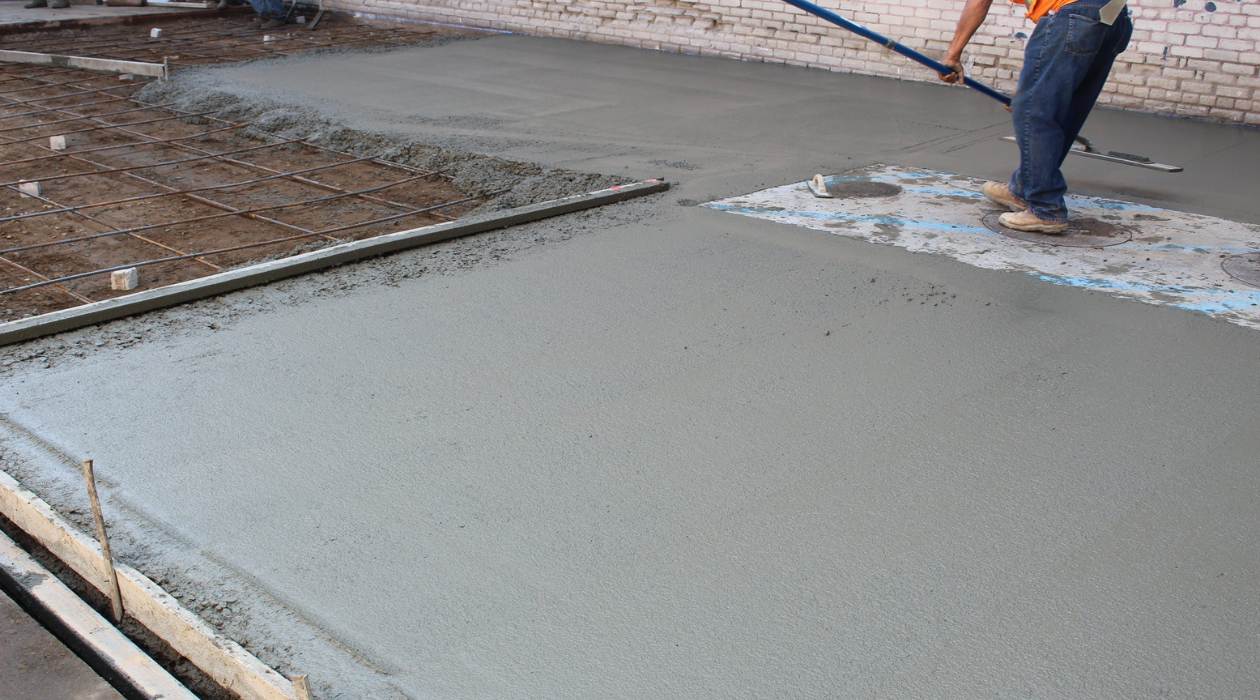

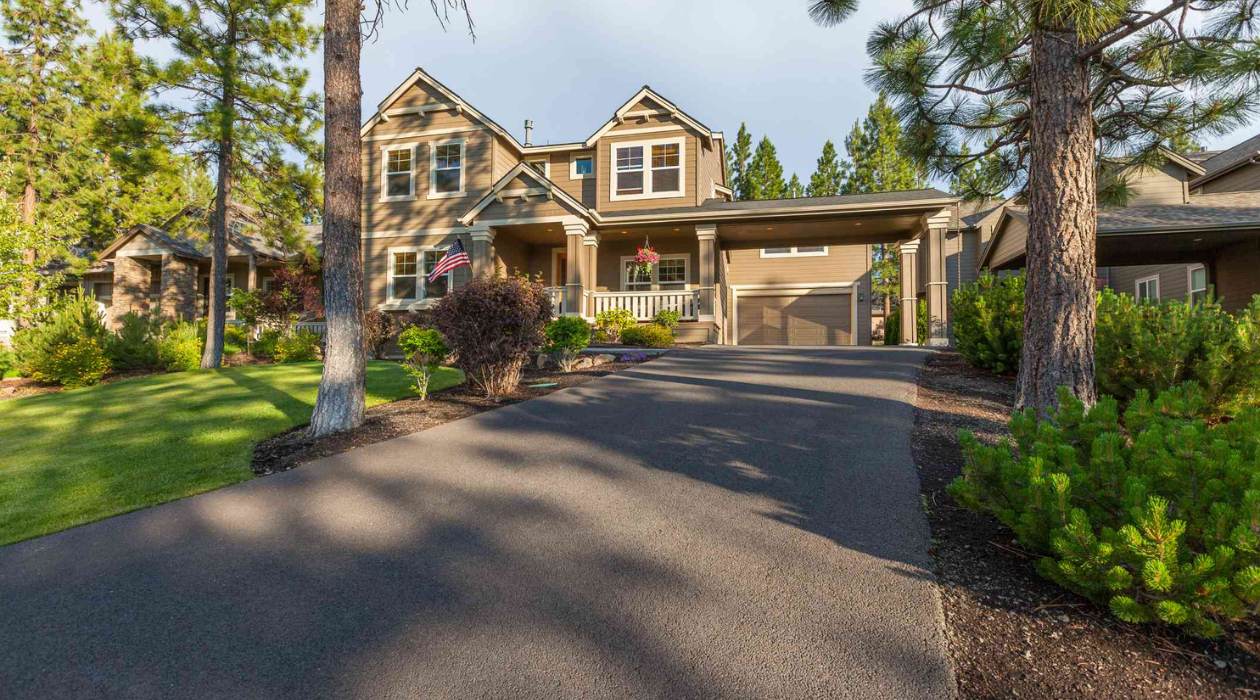
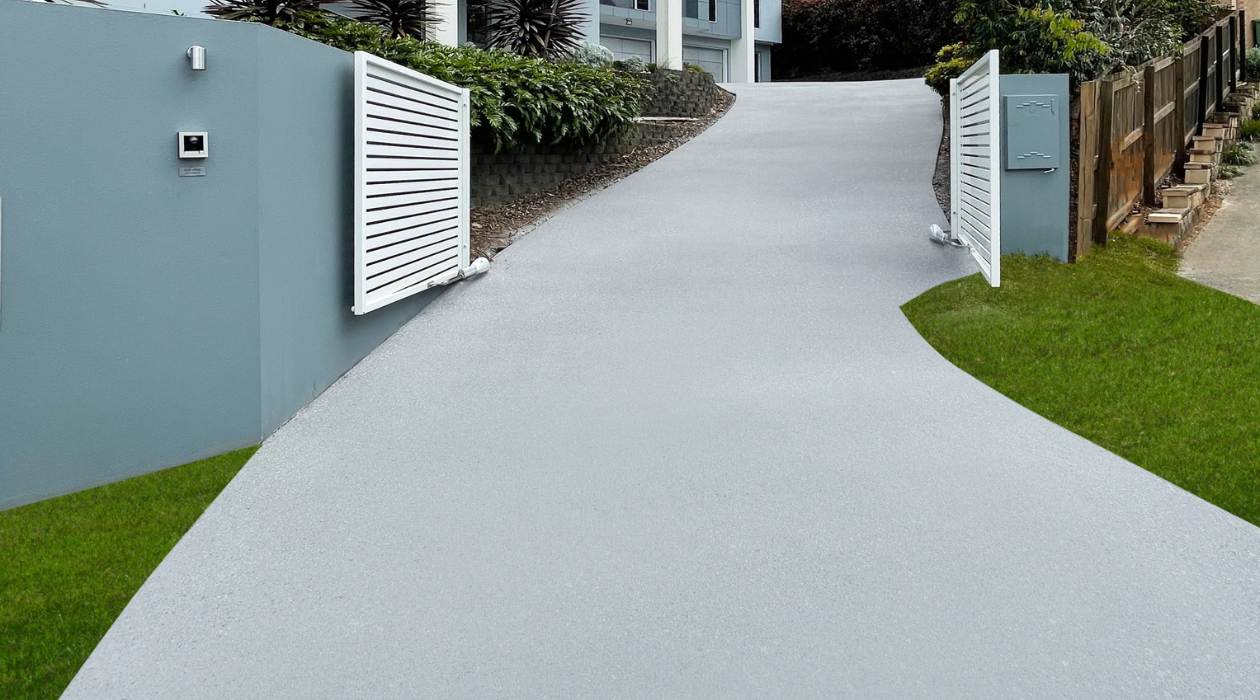
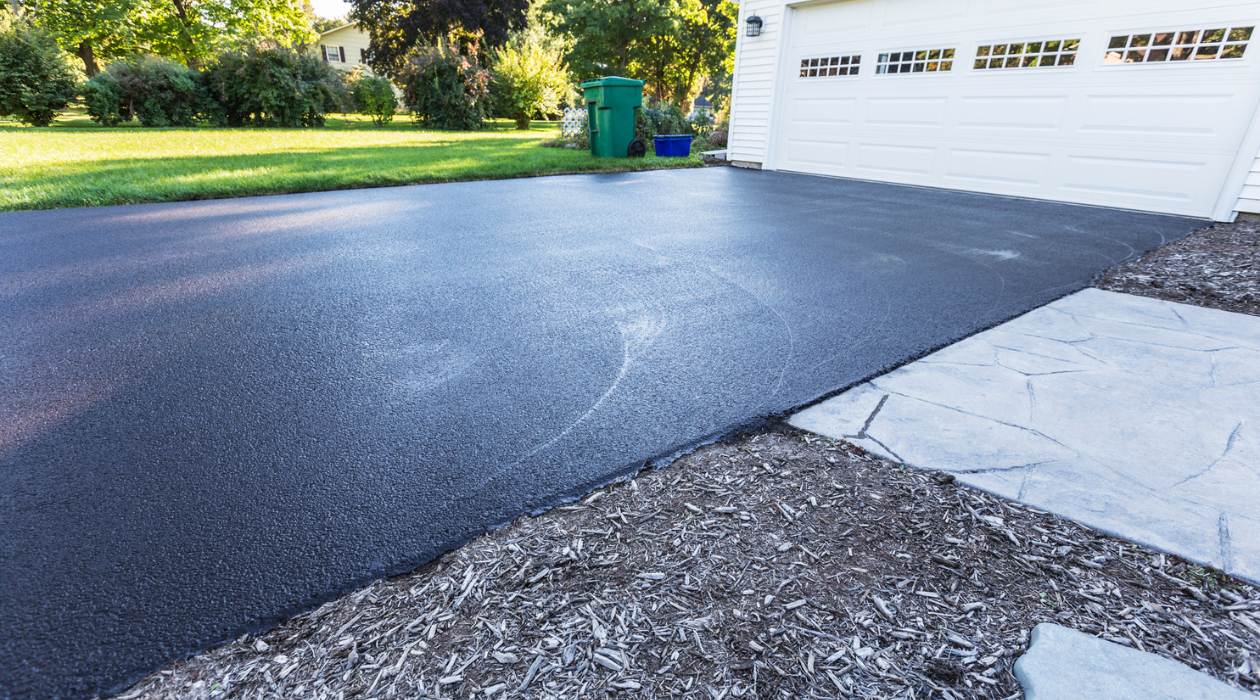
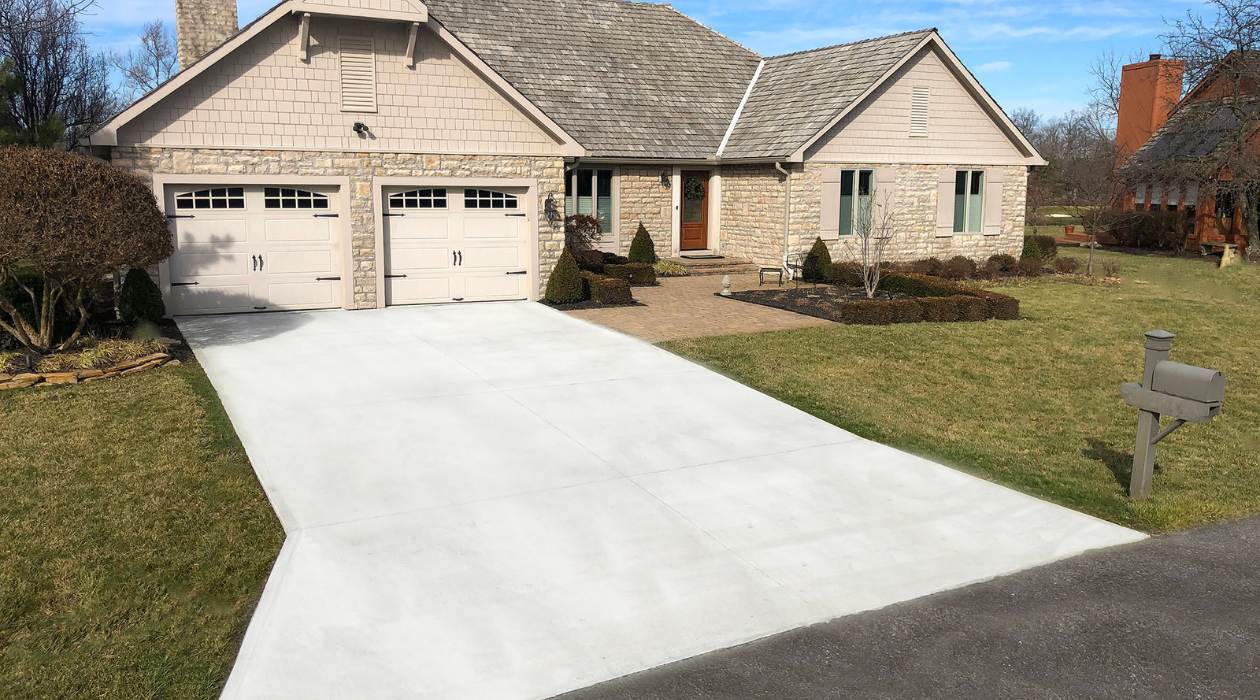




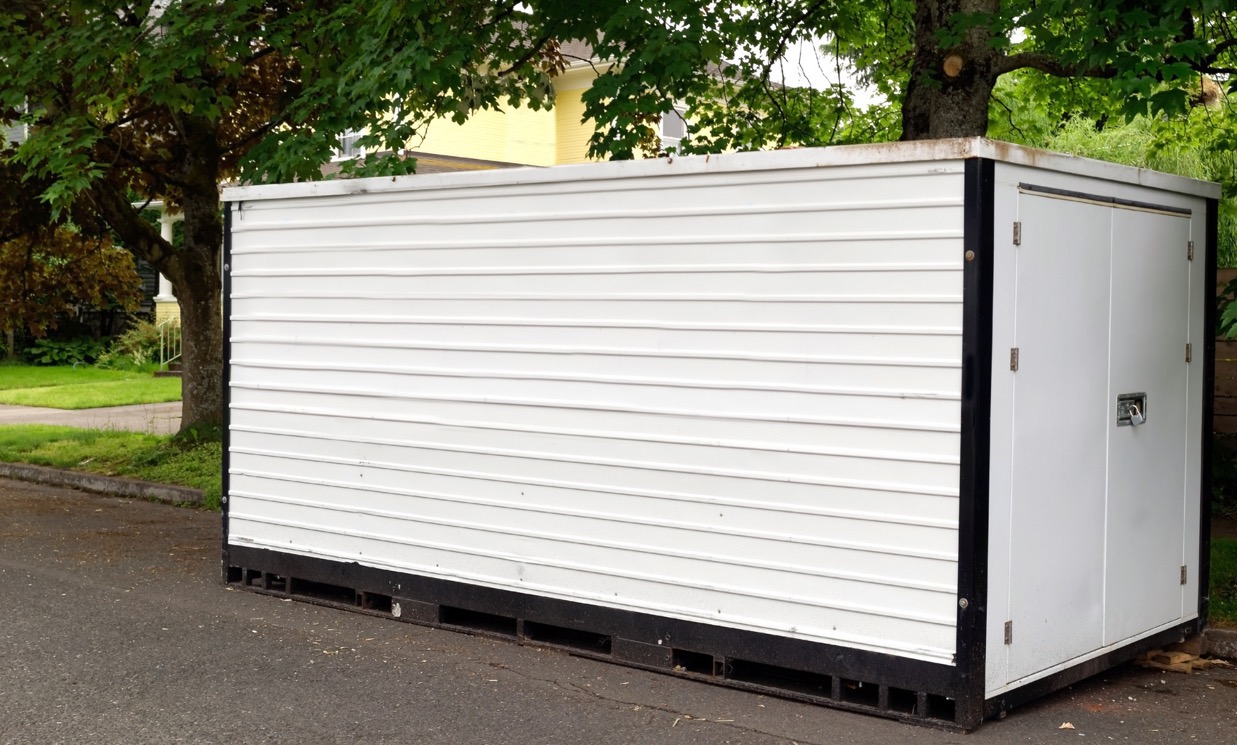


0 thoughts on “How Long Is The Average Driveway”